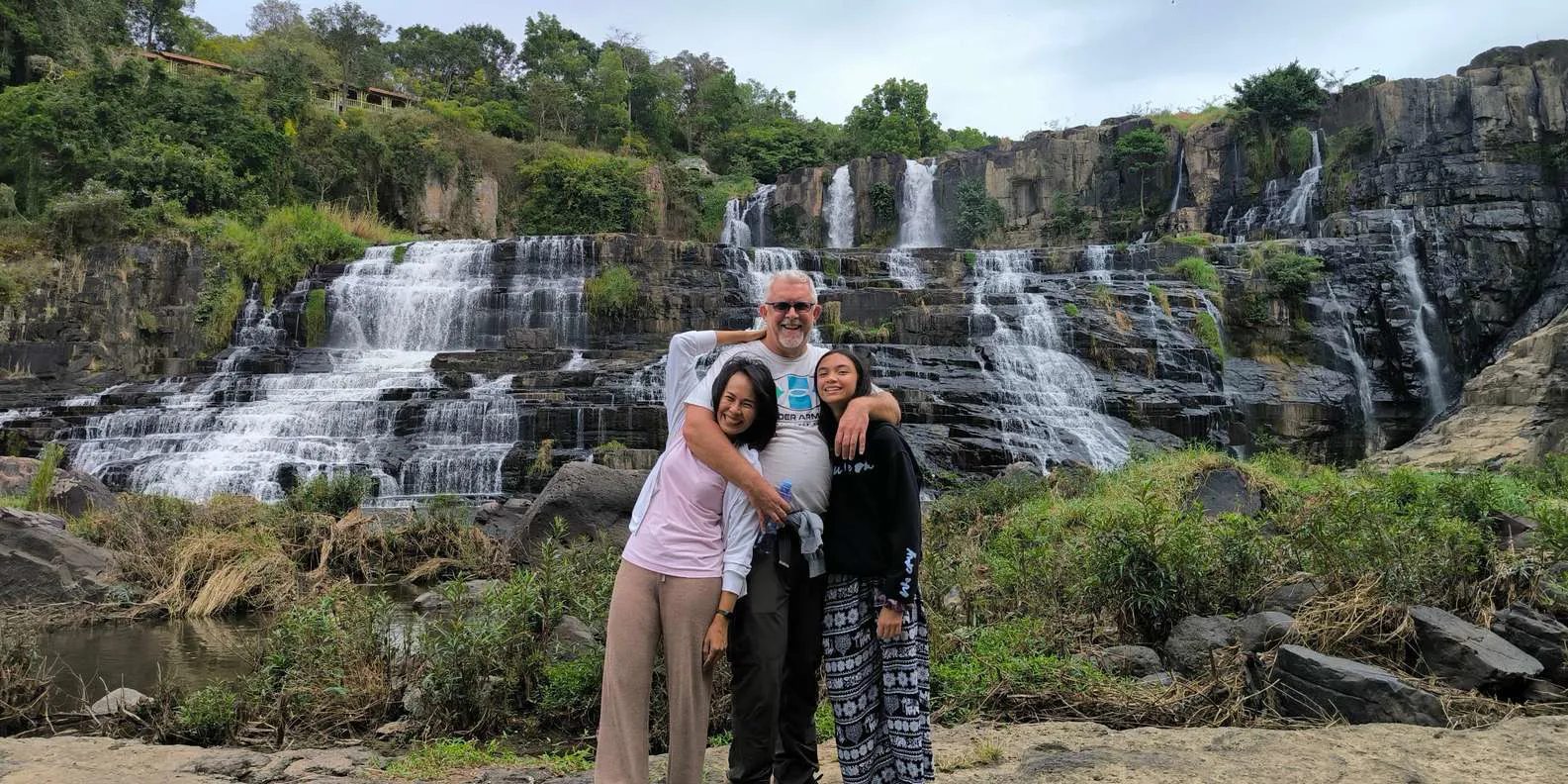
Planning a trip to the captivating landscapes and vibrant cities of Vietnam? It's natural to ask: "Is Vietnam safe for tourists?" The reassuring answer is yes, generally, Vietnam is a very safe country to travel in. Millions of visitors explore its wonders each year with overwhelmingly positive experiences. Violent crime against tourists is notably low.
However, like any travel destination, being informed and prepared is crucial for a smooth journey. This guide covers the essential aspects of Vietnam safety, common Vietnam scams, and important Vietnam health tips to ensure you have a fantastic and secure trip in 2025.
Vietnam enjoys a stable political climate and ranks well on global peace indices (41st out of 163 countries in the 2024 Global Peace Index). While serious crime is rare, tourists should be aware of:
Traffic: Often cited as the biggest physical safety concern due to its chaotic nature.
Petty Theft: Pickpocketing and bag/phone snatching can occur, especially in crowded urban areas.
Scams: Opportunistic scams targeting tourists exist, though often minor if you're aware.
Health Risks: Typical tropical health considerations apply.
Being aware is half the battle. Here’s how to handle common concerns:
Crossing Roads: This can be intimidating! Walk slowly and predictably, maintain a steady pace, and make eye contact with motorbike riders – they will usually manoeuvre around you. Don't make sudden movements. Use pedestrian crossings where possible. Avoid peak rush hours (approx. 6-9 AM & 4-7:30 PM) in big cities.
Motorbikes: Renting one offers freedom but requires experience, caution, and proper licensing (an International Driving Permit is often necessary). Always wear a helmet (it's the law). Drive defensively. Using ride-hailing apps like Grab for motorbike taxis (GrabBike) or cars is a much safer alternative for most tourists.
Be Aware: Pay attention to your surroundings, especially in markets, tourist sites, and on buses/trains.
Secure Valuables: Don't flash expensive jewellery or large amounts of cash. Keep phones and wallets secure (e.g., zipped bags worn crossbody, not in back pockets). Use hotel safes for passports and extra cash.
Snatch-and-Grab: Be mindful of motorbikes approaching when walking near the curb or using your phone roadside.
Avoidance: Use reputable companies (Mai Linh, Vinasun) or book via Grab/Be for fixed upfront prices. Always ask for the meter to be used if hailing a street taxi.
Avoidance: Agree on the total price in VND before starting. Write it down if needed. GrabBike is often easier.
Avoidance: Familiarise yourself with VND notes. Count your change carefully.
Avoidance: Book through reputable agencies or platforms (check online reviews). Clarify all inclusions. If a deal looks too good to be true, it probably is.
Avoidance: Rent from reputable places. Document the bike's condition (photos/video) before renting. Use your own lock.
Avoidance: Be firm in saying no to unwanted services, agree on prices beforehand, buy SIMs from official stores.
Staying healthy ensures you enjoy your trip to the fullest:
While Vietnam has no mandatory vaccination requirements for most travellers (except potentially Yellow Fever if coming from an affected country), it's wise to be up-to-date on routine vaccines (Tetanus, MMR). Consult your doctor or a travel clinic 4-6 weeks before departure about recommended vaccinations Vietnam travel might warrant, commonly including Hepatitis A and Typhoid. Rabies and Japanese Encephalitis might be discussed depending on your travel style and destinations.
Drink only sealed bottled water or purified/boiled water. Avoid tap water.
Be mindful of ice in drinks, especially from street vendors. It's generally safe in established restaurants/hotels.
Enjoy street food! Just choose popular stalls that look clean and cook food fresh to order. If you have a sensitive stomach, introduce new foods gradually.
Dengue fever is present, particularly during rainy seasons. Malaria risk is low in most tourist areas but exists in some remote highlands.
Use effective insect repellent containing DEET or Picaridin, especially at dawn and dusk.
Wear long, loose clothing in the evenings.
Consider mosquito nets if staying in basic accommodation in rural areas.
Vietnam can be hot and humid. Drink plenty of water throughout the day to stay hydrated. Take breaks in the shade or air-conditioning during the hottest part of the day. Wear sunscreen and a hat.
Healthcare quality varies. International hospitals in major cities (Hanoi, HCMC, Da Nang) offer good standards but can be expensive. Facilities in rural areas are basic. Travel insurance Vietnam coverage is essential to cover potential medical costs, including emergency evacuation if needed. Ensure your policy has adequate medical coverage ($50,000 USD minimum recommended).
Vietnam is widely regarded as a safe destination for solo travellers, including women. The general safety precautions apply – be aware of your surroundings, avoid walking alone late at night in deserted areas, dress respectfully, and trust your instincts.
Knowing who to call is vital:
Police: 113
Fire: 114
Ambulance: 115
Search and Rescue: 112
Note that operators usually speak Vietnamese. Hotel staff can assist, or use a translation app. If reporting a crime, try to get a written police report for insurance purposes. Keep your embassy or consulate's contact details handy.
So, is Vietnam safe? Yes, with the right preparation and awareness. By understanding local conditions, taking sensible precautions against petty crime and common scams, and looking after your health, you can confidently explore this fascinating and beautiful country. Don't let minor concerns overshadow the incredible experiences that await. Stay informed, travel smart, and have an amazing time in Vietnam!